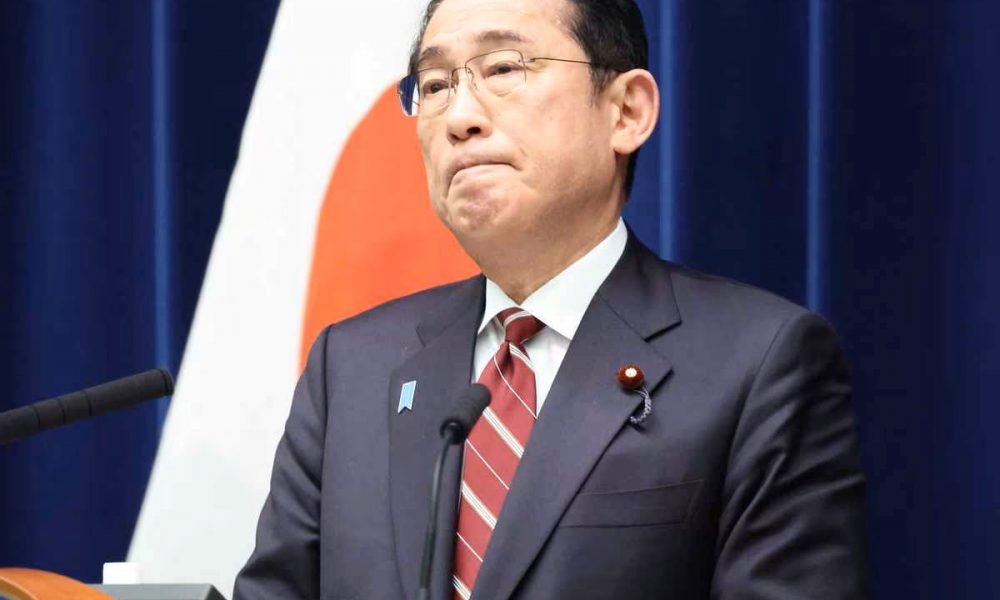
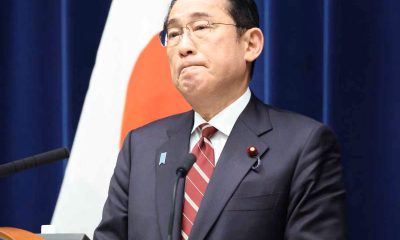

Following enactment of the budget, Japanese Prime Minister Fumio Kishida outlined his economic policies to bring Japan out of deflation.
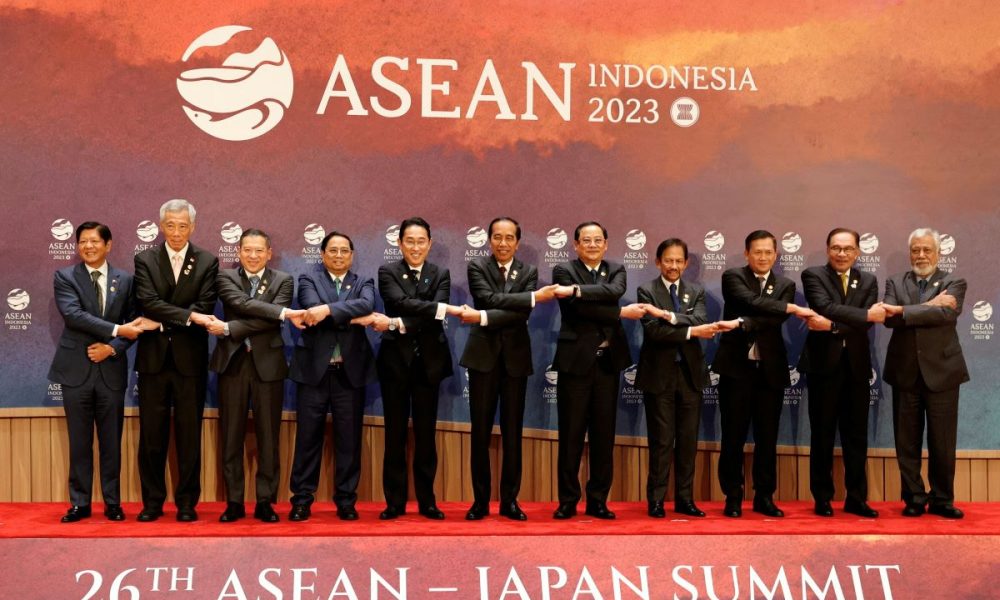
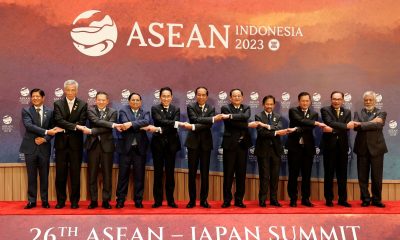

Kishida's proposals will aim to steer Japan, Australia, and ASEAN on a realistic path toward decarbonization, taking into account each country's circumstances.
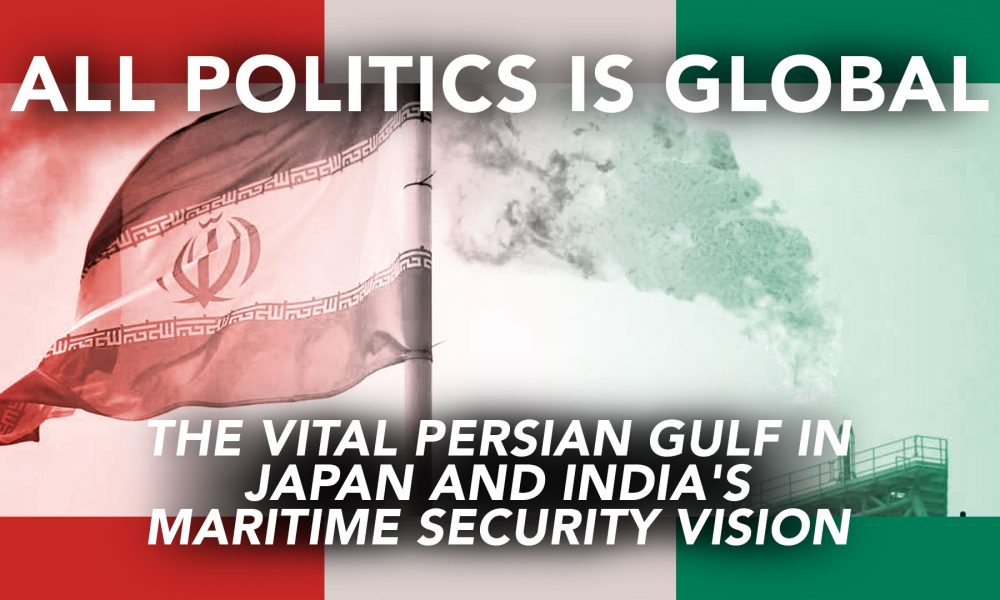
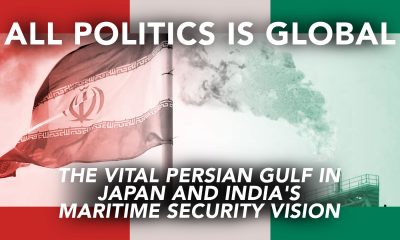

As Middle East turmoil disrupts maritime commerce, Japan and India's security focus is expanding to the vital oil shipping routes through the Persian Gulf.
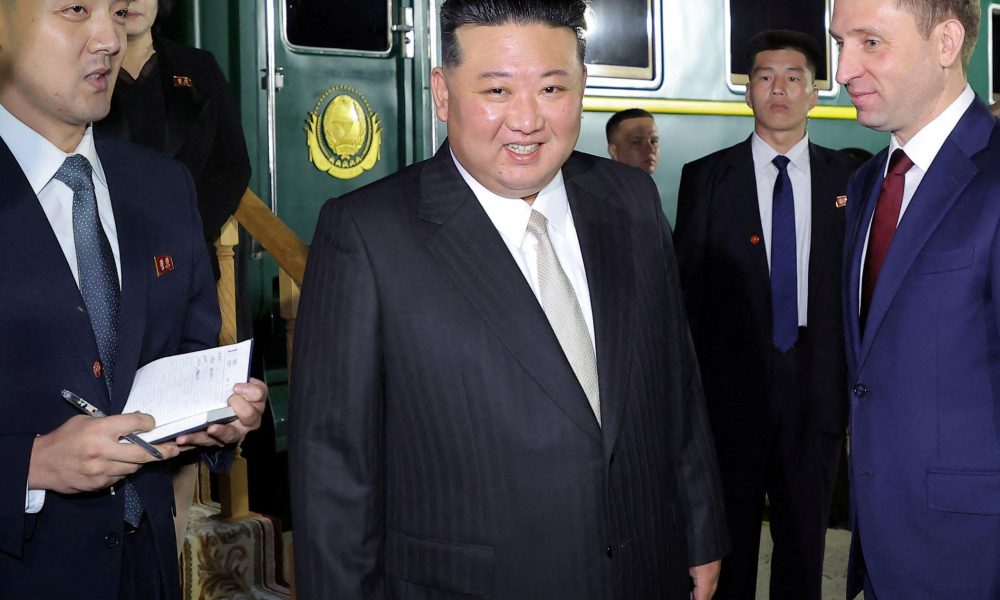
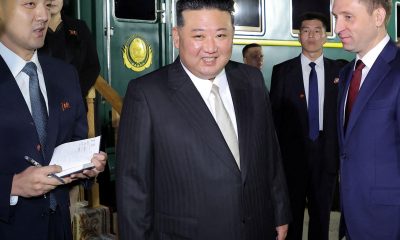

Kim Jong Un and Vladimir Putin presented themselves as powerful comrades when they met at a spaceport in Siberia, but the meeting revealed their weakness.
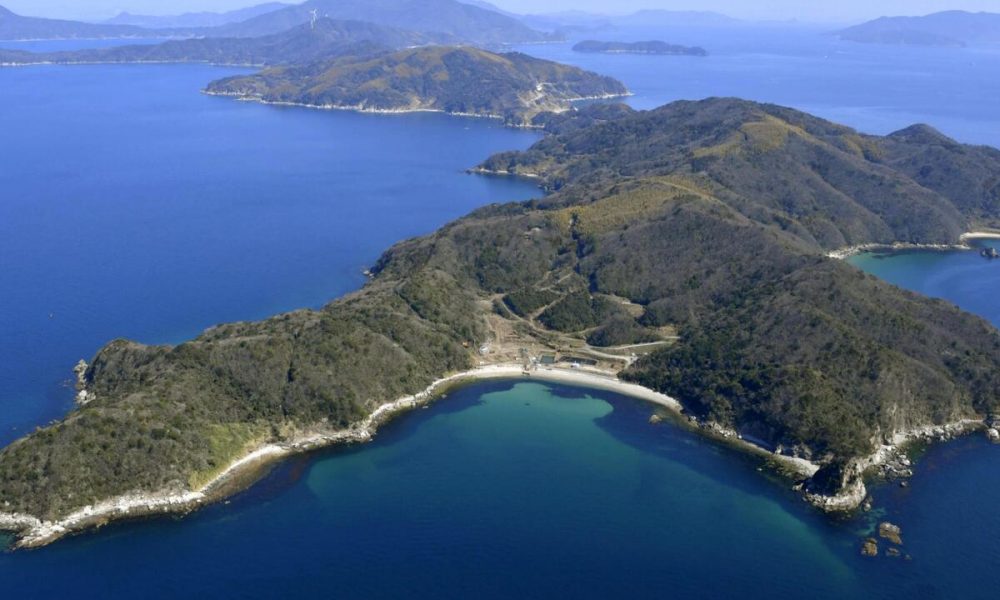
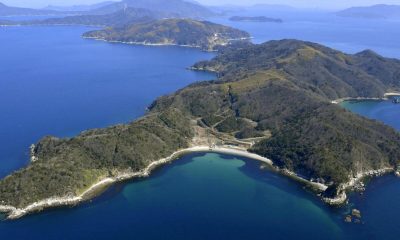

The amount of spent fuel generated at nuclear power plants continues to increase, but the completion of a reprocessing plant is far behind schedule.
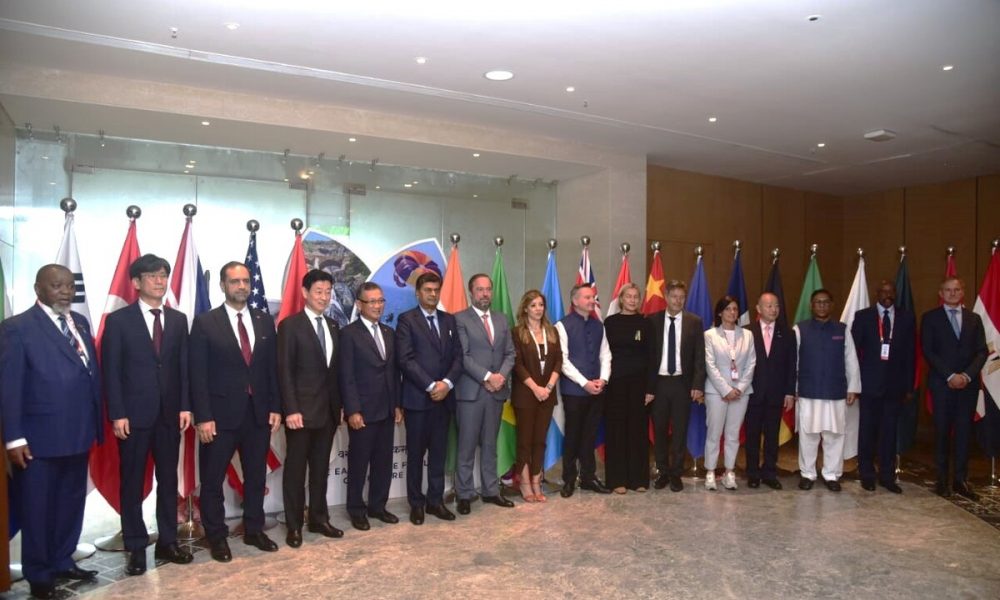
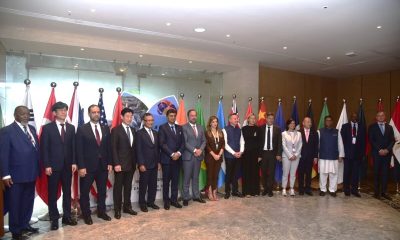

With significant disagreements between G7 nations and the China-Russia camp, the G20 is struggling to show a united front in addressing critical energy issues.
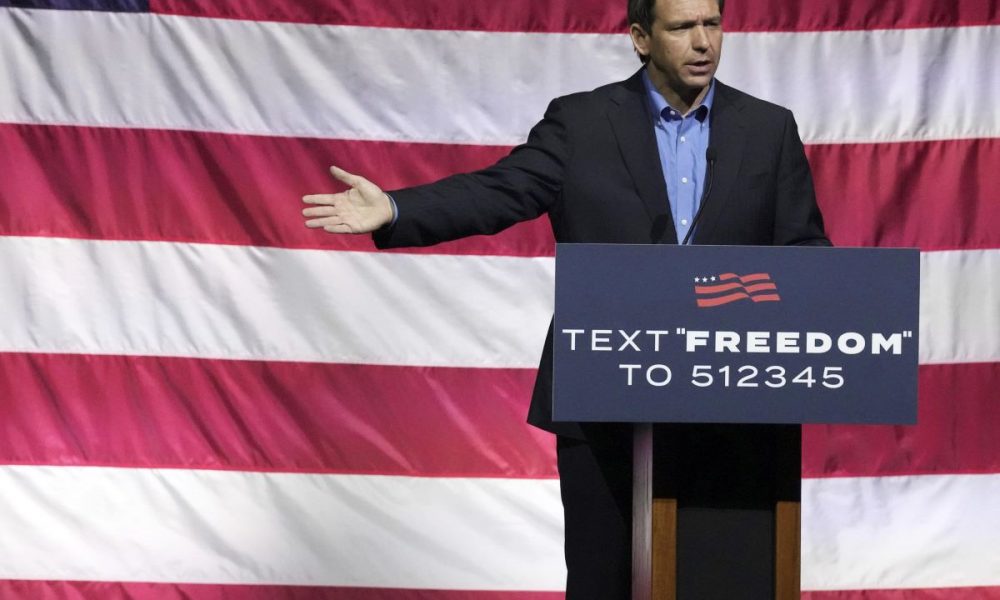


Decarbonization technologies are important, but the anti-ESG movement offers a chance to rectify unrealistic investment decisions and simplistic thinking.
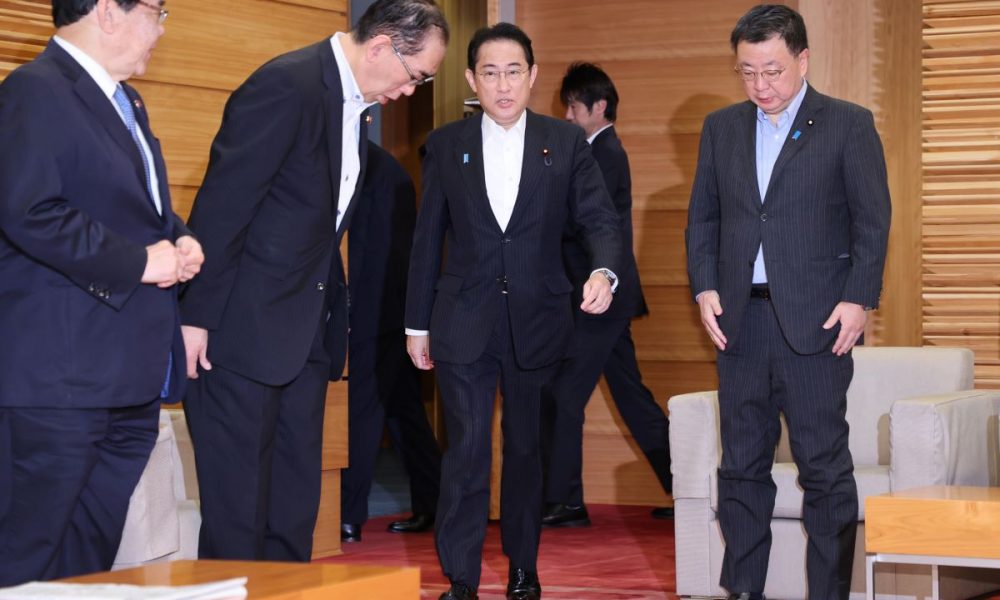
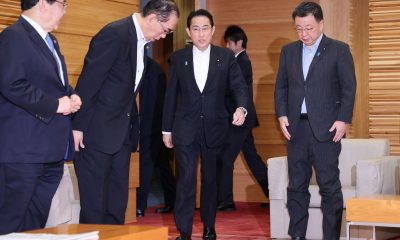

Noting the severe security environment, the draft framework policy provides a roadmap to address issues from defense and diplomacy to Japan's social safety net.
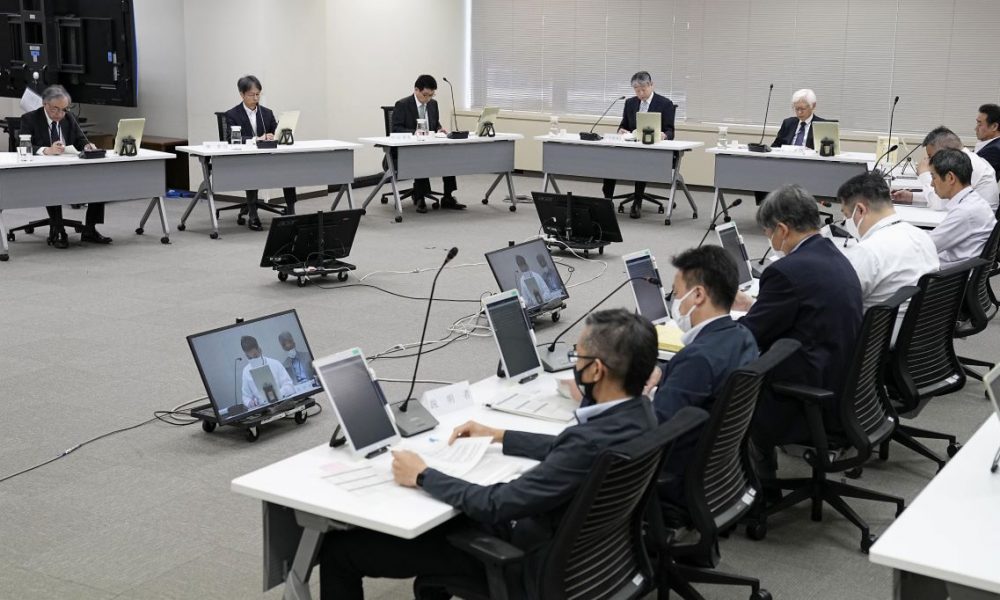
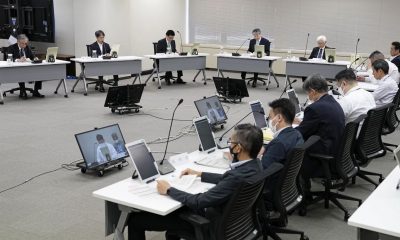

Poor guidance and draconian sanctions can lower morale at nuclear power plants. This, in turn, can have a negative impact on performance.
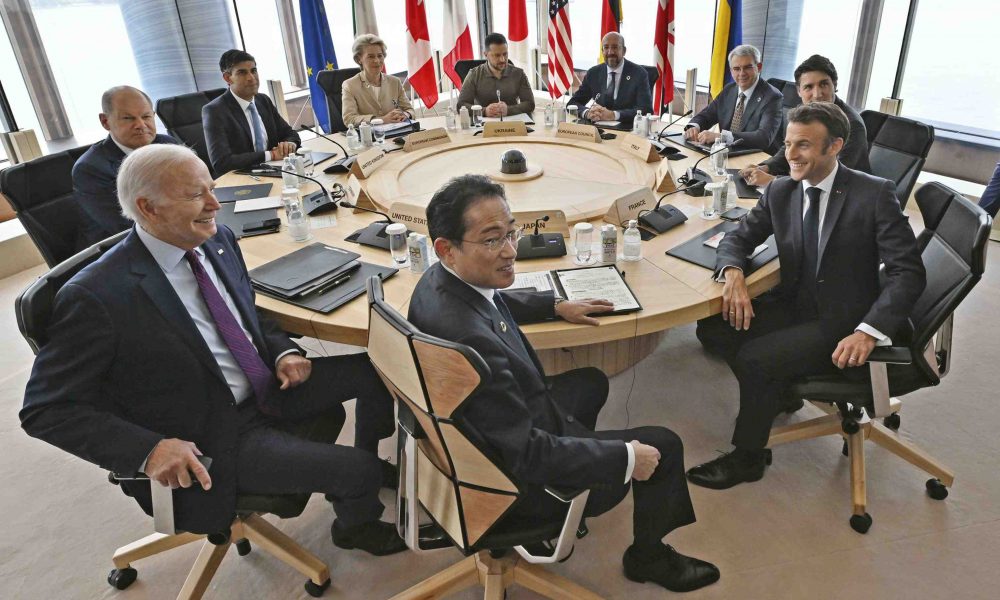
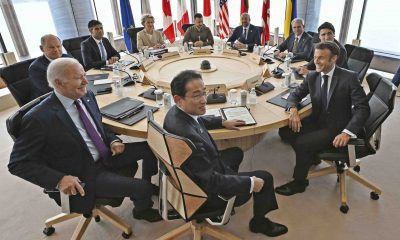

As the G7 Hiroshima Summit came to a close, a key country in the focus of G7 leaders was China, including its economic opportunism and aggression.
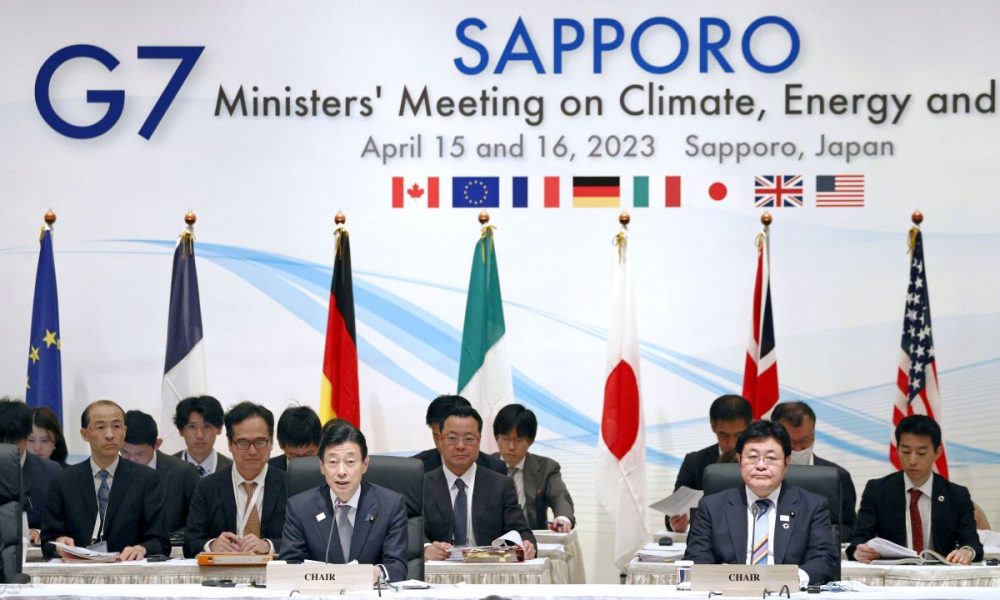
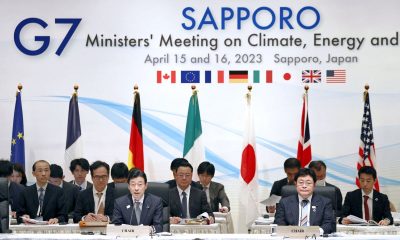

Japan's energy plan contributes to securing a stable power supply for developing countries that have no choice but to rely on coal-fired power.
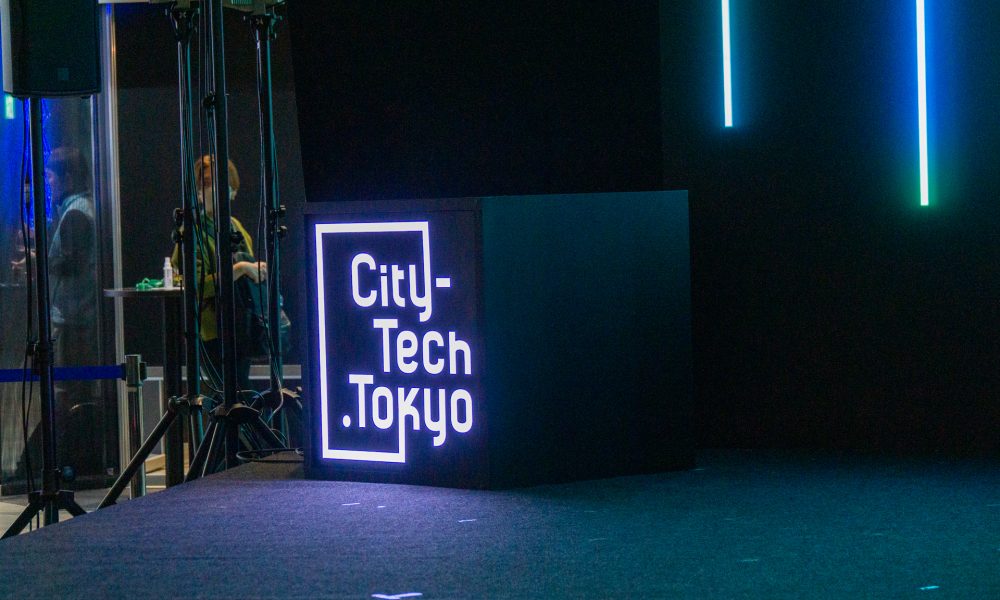


Innovative companies tackling sustainable water, upcycling, and other sustainability challenges featured their latest products at the City-Tech.Tokyo event.